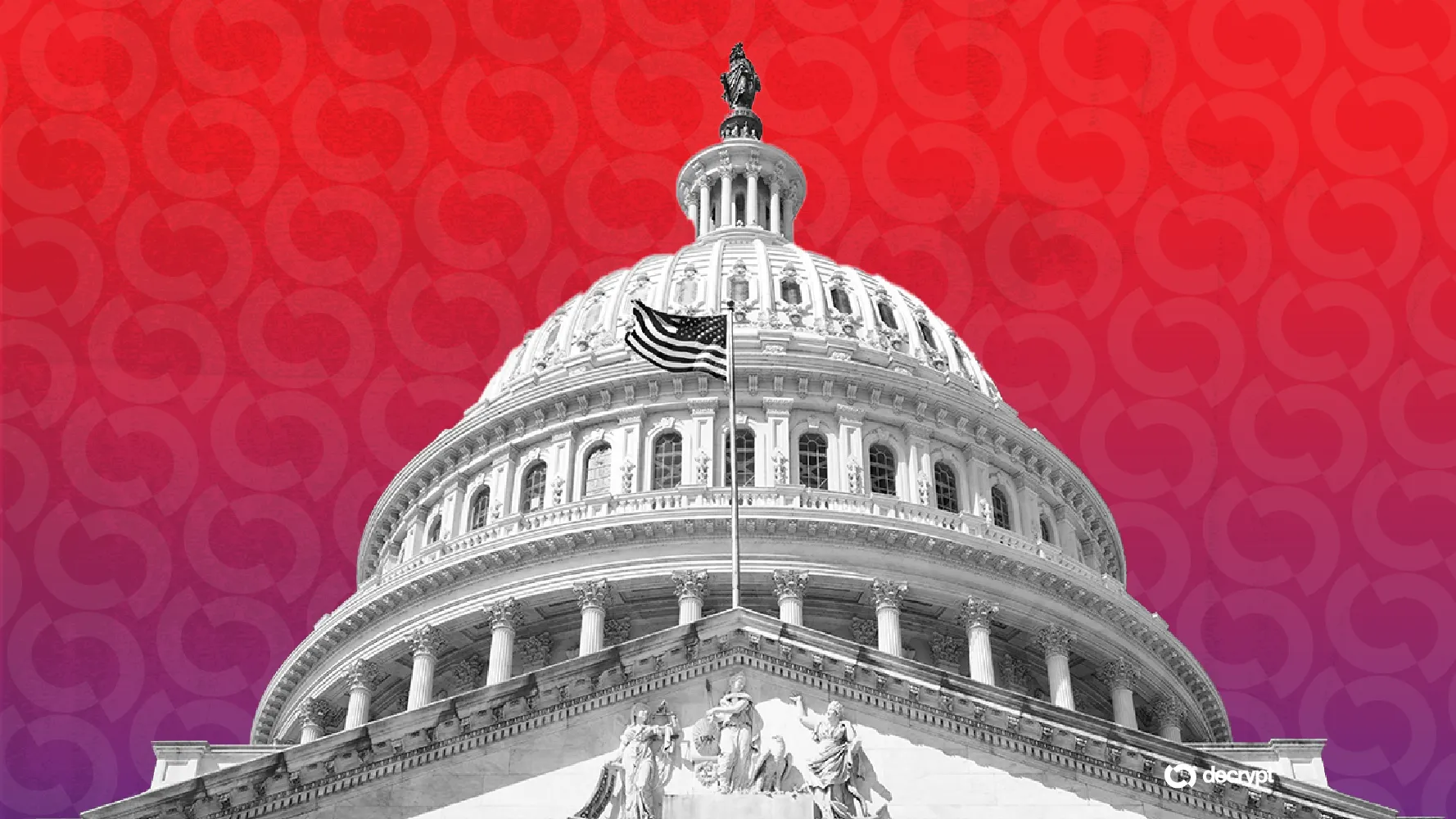In brief
- Ohio Rep. Steve Demetriou is pushing for the creation of a state Bitcoin reserve as a next step following the passage of HB 116 in the state House.
- Demetriou emphasizes the importance of education and bipartisan support in advancing crypto legislation, and pledged to reintroduce bills as necessary.
- Although HB 116 avoids naming Bitcoin specifically, Demetriou says the broader focus on digital assets was intentional to “not pick winners or losers.”
After the Ohio House passed House Bill 116 last week, exempting crypto owners from minor tax burdens, Rep. Steve Demetriou (R-Ohio) said the next step is to establish a state Bitcoin reserve.
Another bill, House Bill 18, known as the Ohio Strategic Cryptocurrency Reserve Act, would permit the state treasurer to invest up to 10% of certain public funds in “high-capitalization” cryptocurrencies.
“I introduced House Bill 18, which is still in committee,” Demetriou told Decrypt in an interview. "That’s the next step in my mind—and in many advocates’ minds—for advancing digital asset legislation."

Ohio House Approves Bill Exempting ‘Bitcoin Users’ From Minor Tax Burden
Ohio’s House of Representatives voted on Wednesday to move forward with a new crypto bill that seeks several protections for industry participants, advancing it up the legislative chain and inching it closer to becoming law. If signed into law by Governor Mike DeWine, the Ohio Blockchain Basics Act would prohibit state and local governments from restricting the use of digital assets as payment or interfering with individuals’ use of hardware wallets or “self-hosted” wallets. It would also permit...
Introduced in February, HB 18, like HB 116, does not reference Bitcoin specifically. However, a stipulation in the bill specifies that the treasurer may only invest in digital assets that are an “exchange-traded product and have an average market capitalization of at least $750 billion”—meaning the only eligible asset at this time is Bitcoin, which has a market cap of over $2 trillion.
Demetriou is optimistic about Bitcoin’s future in Ohio, but acknowledged that greater advocacy and public education are still needed.
“It’s still hard to predict how things will go as time passes and the bill moves forward, but I’m not giving up,” he said. “I’ll keep reintroducing it if needed, as long as I’m in the legislature.”
Now making its way to committee in the Ohio Senate, the Blockchain Basics Act, HB 116, aims to formalize regulations around blockchain and digital assets in Ohio law while easing regulatory burdens on cryptocurrency miners and users. For Demetriou and other advocates, it’s a foundational step toward positioning Ohio as a leader in digital finance, and a prelude to more ambitious efforts, including the creation of a state Bitcoin reserve.
However, while a Bitcoin reserve is the goal, Demetriou said the bill intentionally focused on “digital assets” rather than Bitcoin.
“I don't think we want to pick winners and losers in our legislation,” he said. “This bill was about digital asset mining, blockchain, and establishing definitions in the Ohio Revised Code for blockchain, digital assets, and cryptocurrency.”
Instead, he said, HB 116, introduced in February, is intended to protect digital asset owners from onerous compliance requirements, particularly for small transactions.

Largest Bitcoin Leverage Unwind in Nearly a Year Triggered by Iran-Israel Tensions
Bitcoin derivatives traders were still on edge, even as BTC’s price rebounded above $105,000 for the first time since Friday. Bitcoin was recently changing hands at about $105,500, a 2.3% gain over the past 24 hours, according to crypto data provider CoinGecko. Markets have been rallying on the news of an Iran-Israel ceasefire—even if President Donald Trump profanely expressed his frustration that both countries had reportedly already violated the truce. The S&P 500 gained 1.15% on the day, rou...
“This was a broader bill to get the wheels turning and allow this legislature—and future ones—to create common-sense regulations around the industry,” he said.
While it remains to be seen if HB 116 reaches the desk of Governor DeWine, Demetriou is optimistic about its chances of being approved and signed into law.
“In Ohio, since the last General Assembly, when I began introducing crypto, digital asset, and Bitcoin legislation in the House, we've seen a real need for education and awareness about the importance of digital assets to the future of our economy,” he said. “I'm excited to see a number of my colleagues embrace that reality, and I hope to get it through the state Senate and onto the governor's desk to become law.”
When asked about the growing acceptance of cryptocurrency in the United States, Demetriou said it’s time for the government to align with the will of the people.
“Nearly 2 million Ohioans own digital assets. My point is we need to follow their lead. They've shown us this isn't going anywhere,” he said. “These assets are going to be critical to the future of our economy. Millions of people across the world, the U.S., and here in Ohio own them. We need to accept that reality and follow the lead of our constituents.”
Added Demetriou: “The people have spoken.”
Edited by Andrew Hayward




